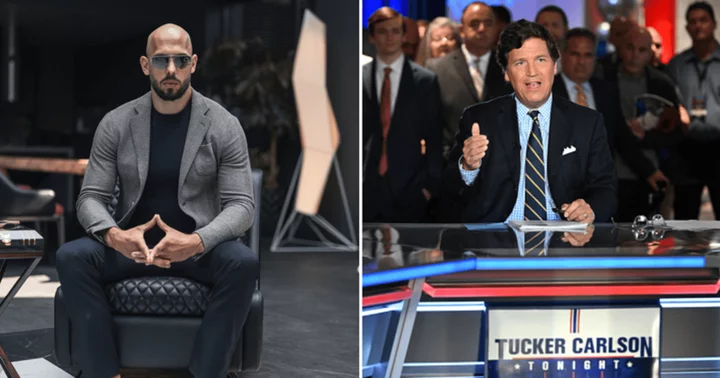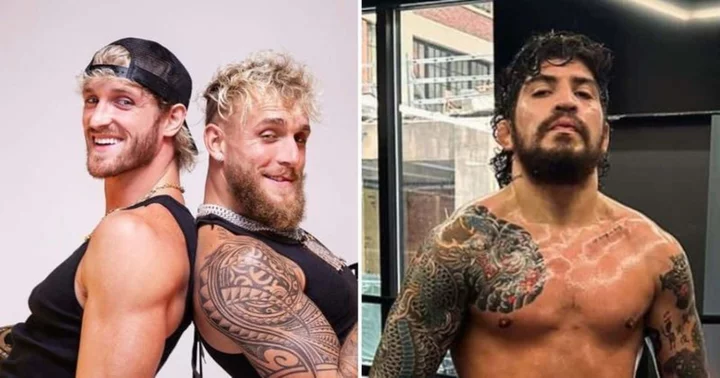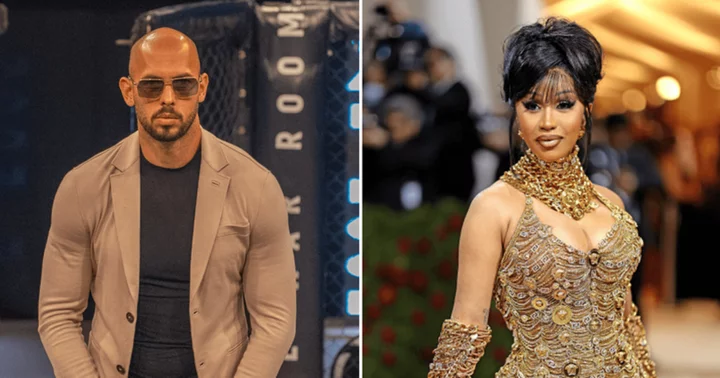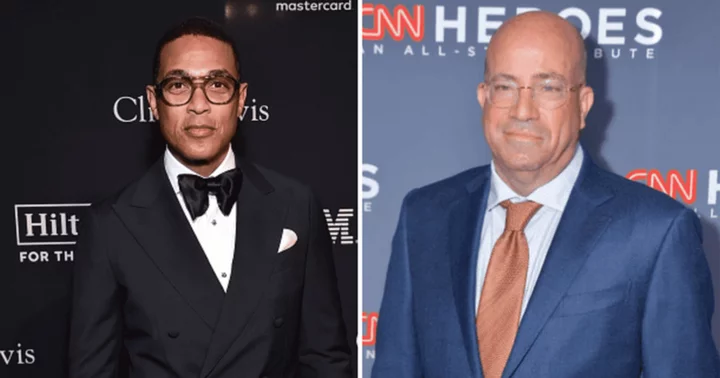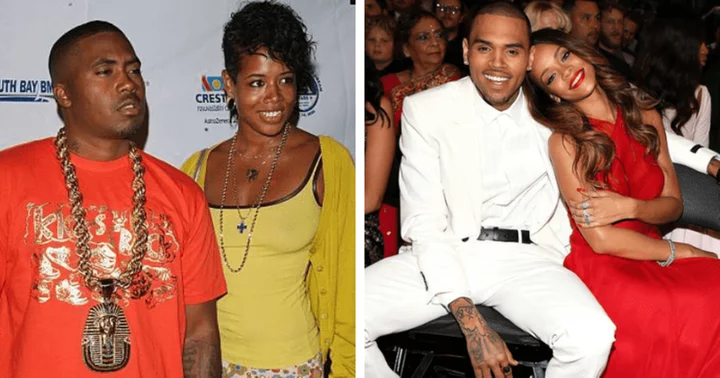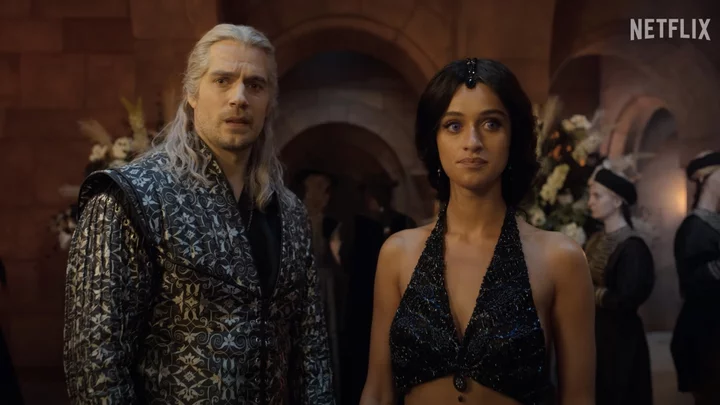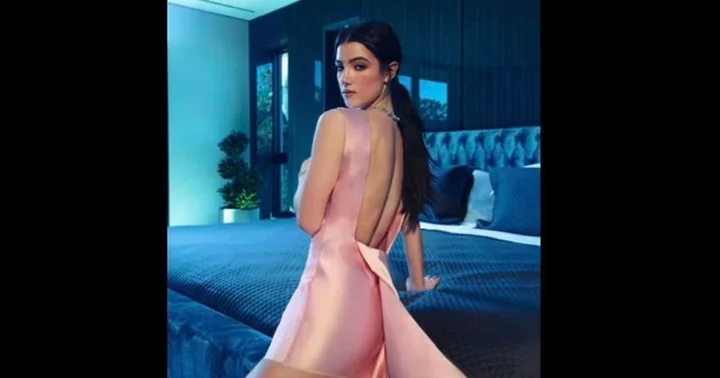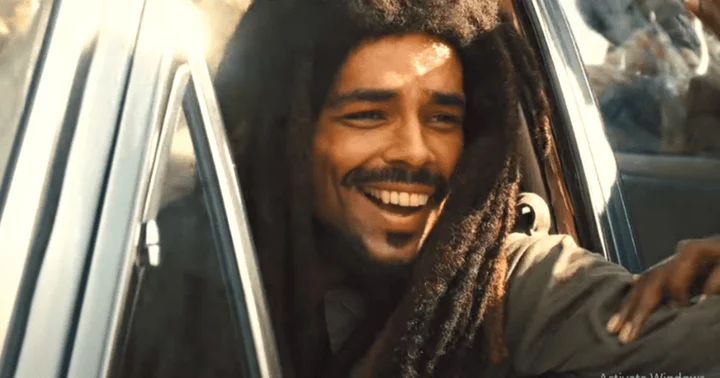BUCHAREST, ROMANIA: The decision of Tucker Carlson, the former Fox News host, to engage in a lengthy 150-minute interview with Andrew Tate, a self-proclaimed misogynist currently fighting charges of rape and human trafficking in Romania, has ignited a wave of controversy. As the interview unfolded, some social media users quickly detected a notable shift in the narrative employed by both Carlson and Tate. Rather than addressing the serious charges against Tate, they chose to shift the blame onto the Romanian government, attempting to divert attention from the allegations.
The collaboration between Carlson and the infamous social media influencer has captured significant public attention and raised eyebrows. The disappointment expressed by numerous fans of Carlson stems from their belief that he should not have provided such a public platform for an individual accused of such grave offenses as rape and involvement in organized crime.
'So it’s really a financial crime?'
During their conversation, Carlson asked Tate about the charges against him. Tate explained that he was accused of leading an organized criminal group that recruited girls to make TikTok videos and stole money through their views. Carlson commented on the involvement of the group in recruiting and stealing, questioning if it constituted a financial crime. Tate confirmed the understanding and mentioned that the identified girls denied being victims, but the state believed otherwise. Tate elaborated on the changes, revealing the existence of an organized criminal group led by him, with his brother as a subordinate. They used the "Loverboy" method to persuade women to create TikTok videos and profit from their earnings. Seeking clarification, Carlson asked if Tate was accused of pandering, pimping, or coercing women into sexual acts. Tate clarified that they did not force or restrict women but managed to convince them to participate in TikTok.
Carlson asked, "What are you charged with?" Tate responded, acknowledging the significance of the inquiry, "That’s a really good question. I’m charged with being the head of an organized criminal group which is in charge of recruiting girls to make TikTok videos to steal the money from the TikTok views." Carlson further inquired, "Recruiting girls to make TikTok videos and stealing the money. So it’s really a financial crime?" Tate affirmed, stating, "Yes, and the girls who they’ve identified to add to the file say they aren’t victims of anything and that it isn’t true. But the state believes it’s true…The overall change is that there is an organized criminal group, there’s a group of us, I’m the head of it, my brother is below me, and we use the “Loverboy” method to convince women to do TikTok videos to make money, so we can steal the TikTok money." Seeking clarification, Carlson emphasized, "So, just to be clear, you are not accused of pandering, pimping, or forcing women to have sex with anybody?" Tate promptly replied, "No, not forcing them to have sex, not restraining their movement, not stopping them from living a full life. But the fact that we somehow are convincing them to have TikTok."
'You’re brainwashed'
Tate expressed frustration with the perceived injustice, placing blame on a subjective legal system. Carlson concurred, suggesting that if coercion is deemed criminal, then the Romanian government could be equally culpable. Tate elaborated, illustrating how he became an adversary of the system and faced legal repercussions for expressing his opinion, highlighting the subjective nature of the law and its potential use as a weapon. He argued that subjective laws allow selective enforcement, citing the example of human trafficking being defined as a woman engaging in actions for financial gain against her will through emotional coercion. Carlson interjected, questioning the notion of emotional coercion.
Tate clarified that he was being accused of convincing women, as there was no evidence of any wrongdoing on his part. He emphasized that the girls themselves denied the accusations, but the state dismissed their statements as "brainwashing" and insisted on their truth. Carlson pointed out the contradiction, suggesting that if the state coerces the women, it could be seen as committing human trafficking under the same definition.
Tate lamented, "When you finally end up the enemy of the matrix, and they use the legal system to punish you for having an opinion, you realize how subjective the law is. Because it can be a weapon. Because when you have something subjective, you can just pick and choose. So if they sit and say ‘human trafficking' is a woman doing something for financial gain against her will via emotional coercion —" Carlson interjected, questioning, "Emotional coercion?" Tate clarified, "Convincing her. That’s what I am accused of because they have no proof of me having done anything wrong. They say, “he’s convinced these girls to do TikTok for money.” The girls themselves have said this is not true. And the state is denying their statement saying, “No, you’re brainwashed; it is true." Carlson pondered, "So the state is trying to coerce the women, so how is the state not committing human trafficking by the same definition?"

